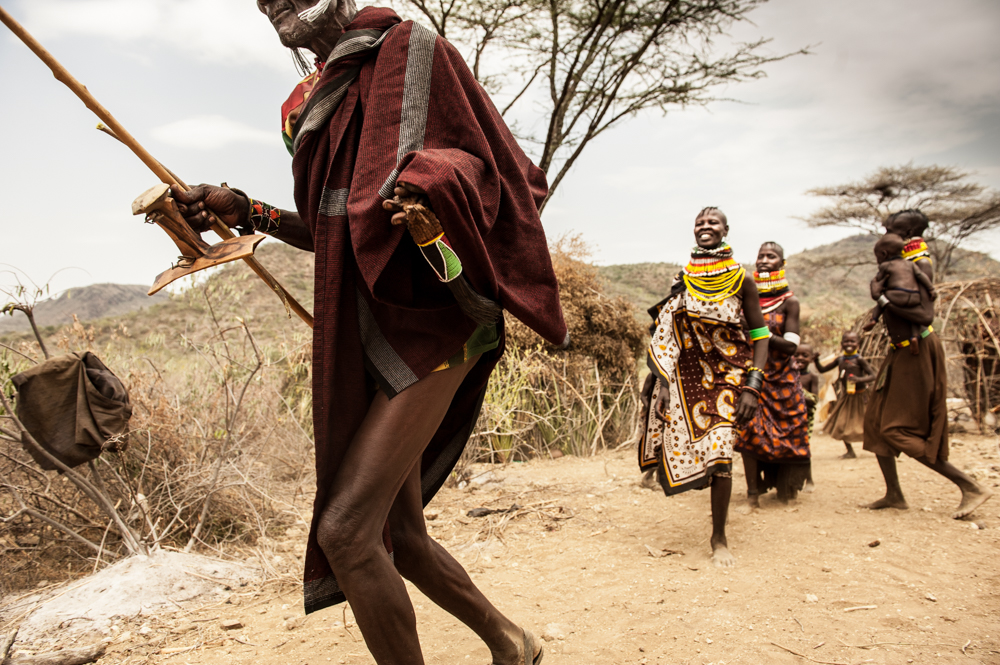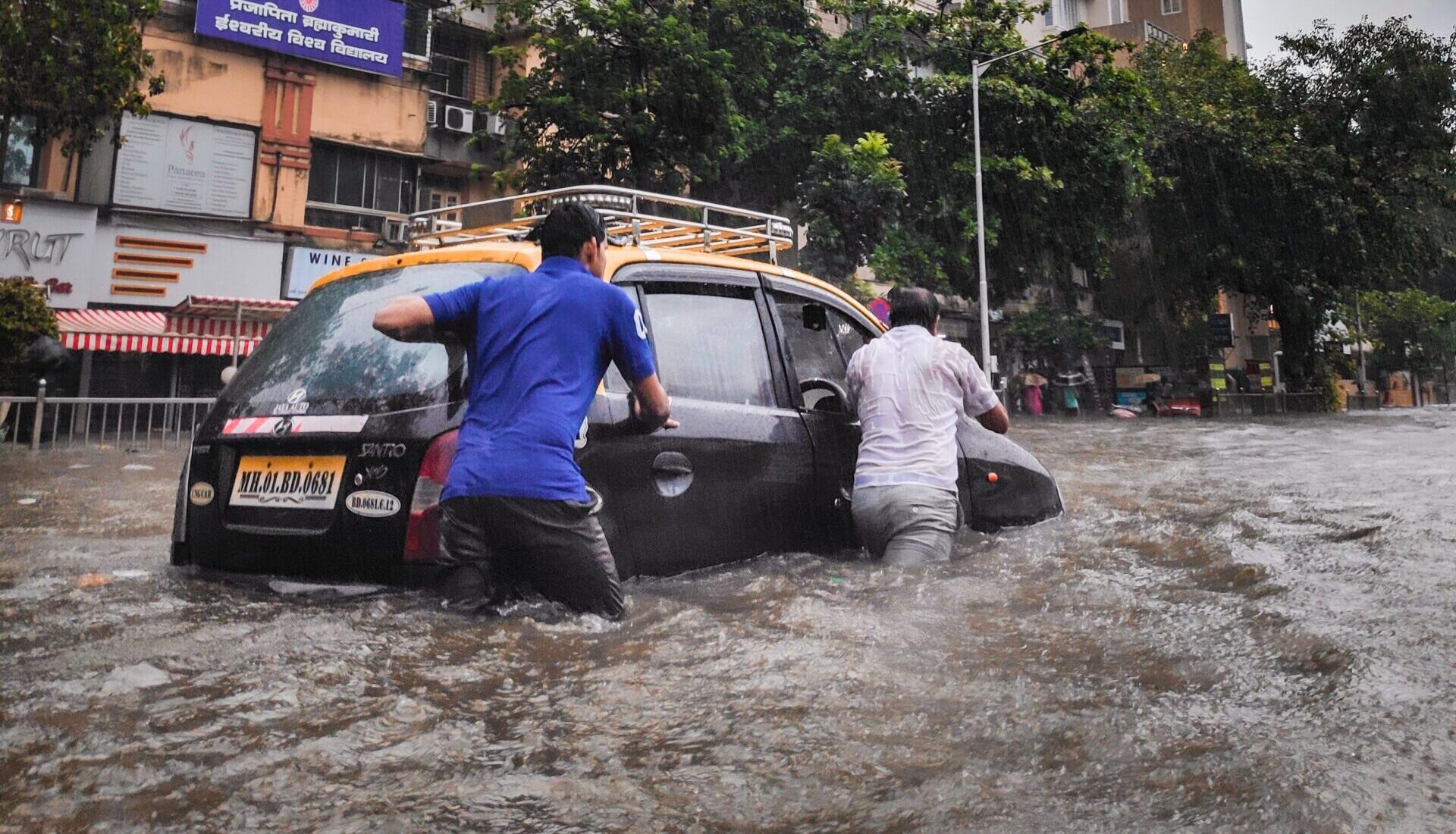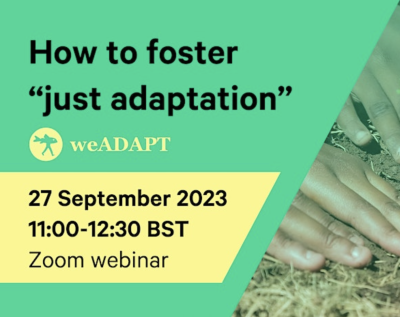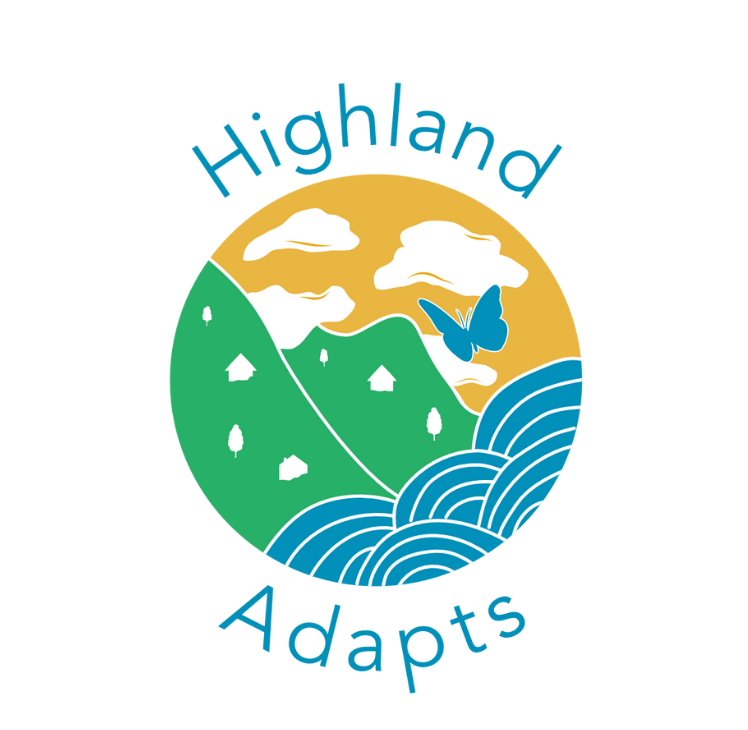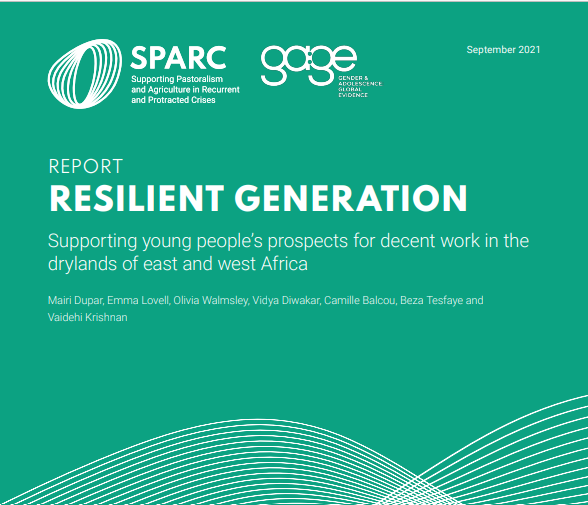Theme
Vulnerability
Guidelines and tools for assessing the social and biophysical vulnerability to climate change.
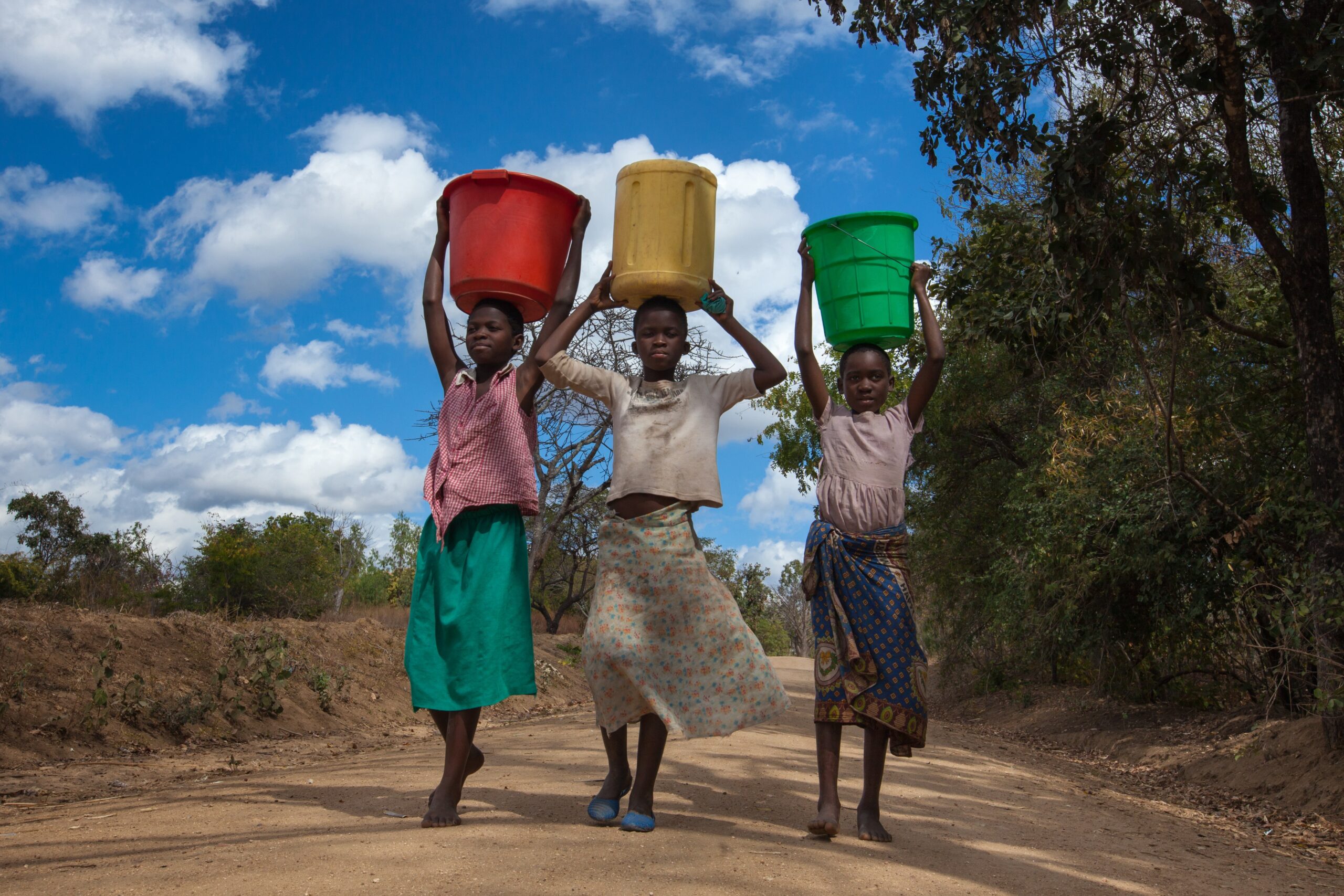
Why climate action is a matter of human rights for older people worldwide
On 9 April 2024, the European Court of Human Rights issued a pivotal ruling that places older persons at the heart of climate justice discussions. This perspective from SEI explores the background of the court’s decision and its implications for policymakers globally.
Pastoralists responding to shocks: rethinking resilience
This blog post from PASTRES explores the theme of resilience in pastoral systems.
Non-Economic Loss and Damage (NELD): policy gaps and recommendations
This policy brief analyses the existing policy gaps concerning non-economic loss and damage and proposes recommendations for improvements.
Underfinanced. Underprepared. UNEP Adaptation Gap Report 2023.
UNEP’s Adaptation Gap Report 2023: Underfinanced. Underprepared – Inadequate investment and planning on climate adaptation leaves world exposed finds that progress on climate adaptation is slowing when it should be accelerating to catch up with rising climate change impacts.
Webinar: How to foster “just adaptation”
This webinar, co-organised by weADAPT and SEI on 27 September 2023, discusses insights from experts from around the world about how to foster “just adaptation” at a time of escalating climate risks.
Navigating Climate Change in Scotland: The Highland Adapts Partnership
Learn about the Highland Adapts partnership, which was set up in 2021 and brings communities, businesses, land managers and public sector together to facilitate transformational action towards a prosperous, climate ready Highland.
Turning Science into Action Webinar Series Session 3: Joint session on Health & Locally Led Adaptation
Watch a webinar about adaptation action that can be taken for health and locally led adaptation based on the science in the IPCC WGII report.
Turning Science into Action Webinar Series Session 2: Turning IPCC Science to Action – Joint session on Water & Infrastructure
Watch several experts explain how to turn the IPCC's science into action in this session on water and infrastructure conducted by the AAC and WRI.
Turning Science into Action Webinar Series Session 1: Overview of IPCC WGII findings and a Call to Action
In this webinar from the AAC and WRI, learn more about the IPCC WGII Sixth Assessment Report and a related call to action. This is followed up with two technical sessions on Water & Infrastructure and Health & Locally Led Action.
Resilient Generation: supporting young people’s prospects for decent work in the drylands of east and west Africa
The report reviews opportunities for young people in the drylands of Ethiopia, Nigeria, South Sudan, Somalia, Sudan and Mali to pursue climate-resilient work and provides key recommendations.

